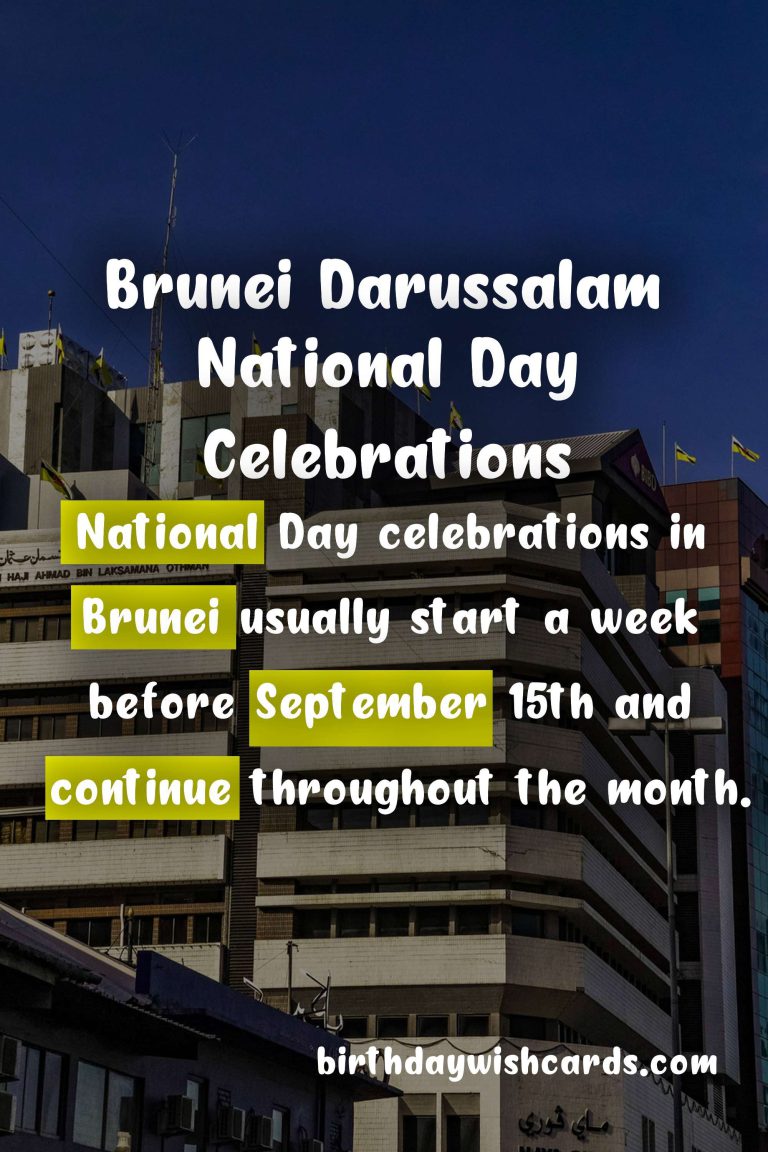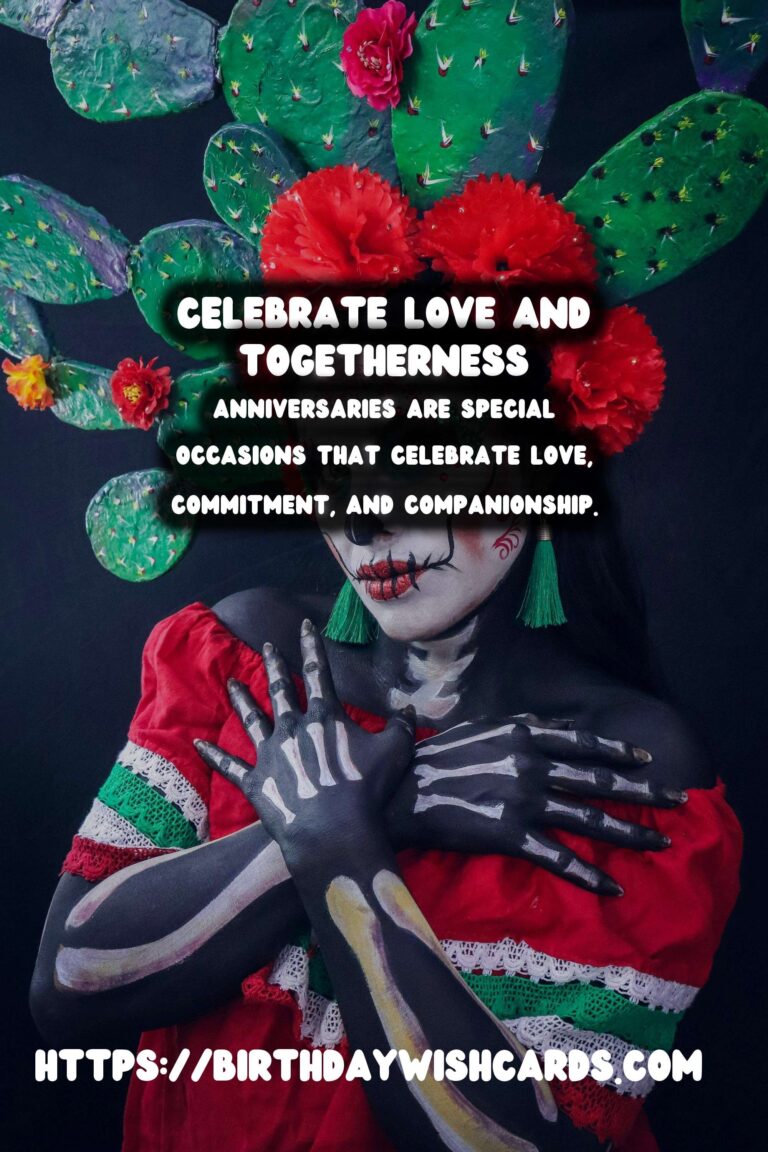Why Ramadan is Special: Traditions and Customs
Why Ramadan is Special: Traditions and Customs
Ramadan is a holy month observed by millions of Muslims around the world. It is a time for reflection, prayer, and community. But what truly makes Ramadan special are the unique traditions and customs associated with this significant period.
The Spiritual Significance of Ramadan
At its core, Ramadan is about spiritual growth and self-discipline. Muslims believe that during this month, the Quran was revealed to the Prophet Muhammad. The fast, or ‘Sawm’, serves as a way to purify the soul and develop empathy for those less fortunate.
Fasting: A Core Practice
One of the most notable customs during Ramadan is fasting from dawn until sunset. This practice involves abstaining from food, drink, and other physical needs. The fast is broken each day with a meal called ‘Iftar’.
For many, the fast is not just about refraining from food but also about cultivating self-control and mindfulness. It serves as a reminder of the struggles faced by the underprivileged.
Iftar: The Breaking of Fast
The Iftar meal is a communal occasion. Families and friends gather to break their fast together. Traditional foods vary by culture but often include dates and water to start, followed by a feast of savory dishes.
It’s a time of celebration and gratitude, with many also making an effort to invite neighbors and less fortunate individuals to join in the meal.
Taraweeh: Nightly Prayers
During Ramadan, Muslims also participate in Taraweeh, which are additional prayers performed at night after the obligatory evening prayers. These prayers help deepen one’s faith and strengthen community bonds.
The atmosphere in mosques during Taraweeh is often filled with great reverence and devotion. Many choose to read through the entire Quran during this month, enhancing their spiritual engagement.
Charity: A Pillar of Ramadan
Giving to those in need is paramount during Ramadan. Known as ‘Zakat’ or charity, it is one of the Five Pillars of Islam. Muslims are encouraged to give generously, whether it’s through monetary donations or food drives.
This act of selflessness not only supports the community but reinforces the values of compassion and solidarity.
Community Connection
Ramadan fosters a sense of community and belonging. Whether it’s through communal prayers or shared meals, the bonds between family and friends are strengthened during this auspicious time.
Many communities host events such as Ramadan bazaars, where people can gather, share meals, and enjoy cultural activities. These events not only provide a sense of togetherness but also celebrate the diversity of the Muslim community.
Breaking the Fast Across Different Cultures
While the essence of Ramadan remains the same, different cultures have their own unique traditions for breaking the fast. For instance, in Middle Eastern countries, it is common to break fast with dates and milk, while in South Asia, a lavish spread of biryani and various sweets is typical.
Exploring these diverse customs can enrich one’s understanding of how Ramadan is celebrated globally.
Reflection and Personal Growth
Ramadan is also a time for self-reflection and personal growth. Many take this month as an opportunity to set spiritual goals, engage in acts of kindness, and work on personal development.
The challenges of fasting and increased prayer can lead to profound insights and a deeper connection with faith.
Conclusion: Embracing the Spirit of Ramadan
In conclusion, Ramadan is a time filled with rich traditions and customs that contribute to its special nature. From fasting and prayer to charity and community, the month is an opportunity for personal and collective growth.
As the holy month continues, it calls upon each of us to reflect on our actions, engage in our communities, and strengthen our faith.
Ramadan is a holy month observed by millions of Muslims around the world.
It is a time for reflection, prayer, and community.










#Ramadan #Traditions #Customs #Fasting #Iftar







